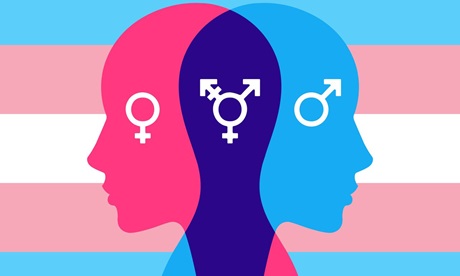When I was studying political science in graduate school, I was surrounded by students who were much smarter than me.
Most of my fellow students at the University of California Berkeley went to Ivy League schools as undergraduates. They were well read, articulate and confident.
When they asked where I went to school, I responded, “St. Louis,” and they presumed I meant Washington University, and I had to specify St. Louis University.
“Isn’t that a Catholic school?” I was asked. My response was, “Worse yet, it is Jesuit.”
As a result, I always felt like a tortoise among the hares. The only advantage I had was that I was older and knew I was not a genius.
Not knowing
One of the dangers of being young and smart is that you think you have all the answers.
Aaron Wildavsky, one of the smartest teachers I ever had, once asked a class, “What are the hardest three words to pronounce in the English language?” His answer, “I don’t know.”
In political, academic and ecclesial life, saying “I don’t know” is the equivalent of committing professional suicide.
It is an admission that you do not have all the answers.
If you don’t have the answers, why should anyone listen to you. We will move on to the person who claims to have the answers.
For a doctor, politician, scholar, columnist or priest to say “I don’t know” is so humiliating that they will often give a “nonresponse response” that hides ignorance in a fog of words.
Better to pretend certitude than acknowledge ignorance. And if you later discover you were wrong, never admit it. Plow forward and pretend your new position is consistent with everything you said in the past.
Gender debate – certainty or uncertainty
I have been thinking about plowing forward and pretending recently in the context of the debate over dealing with gender dysphoria. That’s the term given when the gender you identify with is different from the gender you were assigned at birth.
Most people in the debate speak with utter conviction and certitude.
Would that we had more voices that said, “I don’t know,” or at least said, “It’s complicated.”
The American Medical Association and the American Academy of Pediatrics support gender-affirming care.
This care may include medical and surgical treatments for gender dysphoria and gender incongruence, as determined by shared decision making between the patient and physician.
On the other hand, European countries, who were the first to do gender-affirming care, are now backing away from it, especially for children. New research has questioned earlier studies that supported gender-affirming care.
England’s National Health Service (NHS) has banned puberty blockers for youth after a review found a lack of evidence that medication helped gender dysphoria.
For adults, it will allow prescriptions only via clinical trials or for existing patients.
The British approach is a reasonable effort to follow the first principle of medicine: “Do no harm.” It is also a positive effort to gain more information through clinical trials.
Those who prioritise personal autonomy and choice above all other values will see such restrictions as an assault on personal freedom.
Those who think gender dysphoria is not real will see even clinical trials as an assault on human dignity.
Both sides have their “experts” and spokespersons. Both sides present anecdotal evidence and research that supports their views. What should be a conversation about medical treatment has become fuel for the culture wars.
I am a member of the “I don’t know” and “It is complicated” club.
Research matters
The NHS approach sounds reasonable to me. I worry about people, especially kids or their parents, making decisions that will seriously impact the rest of their lives
Clinical trials will help discover what works and what does not, who should receive treatment and who should not.
I question anyone who does such treatments without serious follow-up studies.
On the other hand, telling people in pain to “stand by until further notice” seems heartless.
Those opposed to gender-affirming care must follow the example of Pope Francis and welcome and love the transgender people in their communities.
Experiencing discrimination and isolation only makes matters worse.
In addition, they should be helped by dealing with the maladies that often accompany gender dysphoria such as depression. One cannot deny gender-affirming care without offering something else in its place.
Being a member of the “I don’t know club” means you will be attacked by both sides.
It does not mean you have nothing to say.
It means you should ask the questions that need to be answered. There is no such thing as a stupid question; there are only stupid answers.
- First published by Religion News Service
- The Rev. Thomas J. Reese, a Jesuit priest, is a Senior Analyst at RNS
